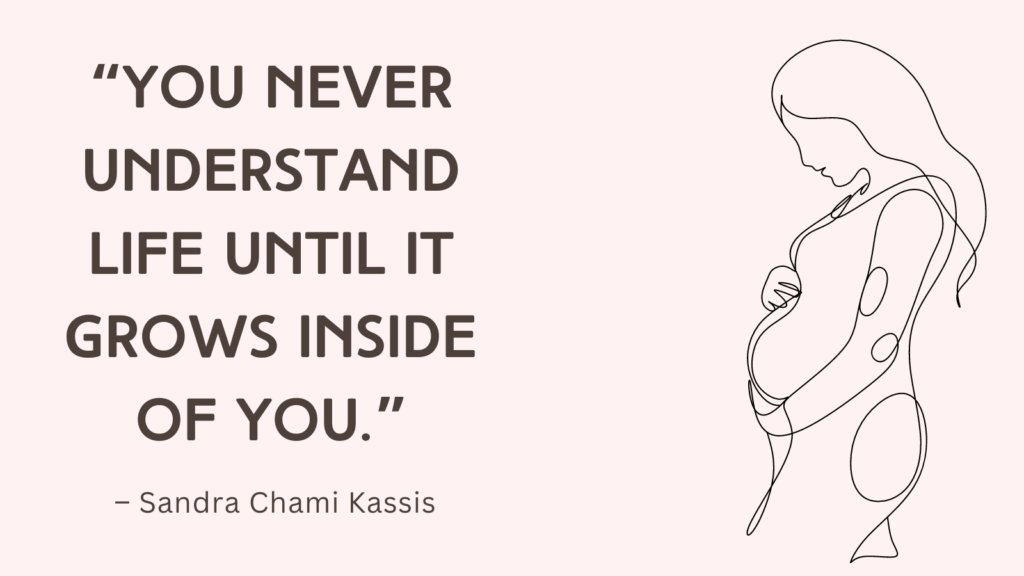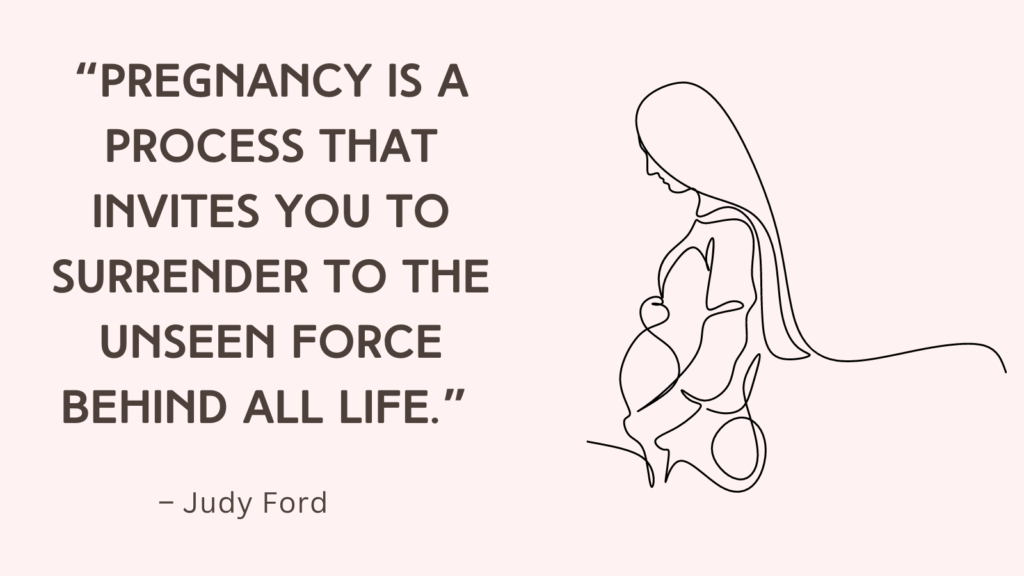Morning sickness, tender breasts, mood swings, and a rapidly developing embryo.
You’ve reached week 6 of pregnancy, and your baby is growing rapidly!
At this stage, you might start feeling more pregnancy symptoms, and your emotions could be all over the place.
This is completely normal, and knowing what to expect can help you navigate this exciting (and sometimes overwhelming) time.
Let’s dive into everything happening with your baby, your body, and how to cope with the changes.
What’s Happening to Your Baby?
At six weeks, your little one is developing at a fast pace, even though they are still tiny—about the size of a lentil (4-5 mm long). Here are some key developments:
Heartbeat Detection: Your baby’s heart is now beating twice as fast as yours, at about 100-160 beats per minute! If you have an early ultrasound, you might be able to see it flickering.
Facial Features Begin to Form: Eyes, ears, and the beginning of a nose are starting to take shape.
Tiny Limb Buds Appear: Little buds will eventually grow into arms and legs.
Brain and Nervous System Development: The brain is rapidly developing, with the neural tube closing to form the spinal cord.
What’s Happening to Your Body?
At six weeks, pregnancy symptoms may intensify as hormone levels rise. Here’s what you might be experiencing:
Common Symptoms at 6 Weeks Pregnant
Morning Sickness – Nausea may get worse and could happen at any time of the day.
Extreme Fatigue – Your body is working overtime to support your baby.
Increased Urination – Your kidneys are processing more fluid, leading to frequent bathroom trips.
Food Aversions & Cravings – Certain smells and foods may suddenly seem repulsive, while others become irresistible.
Mood Swings – Hormonal shifts can make you feel emotional or irritable.
Bloating & Gas – Progesterone is slowing digestion, which may lead to bloating.
Tender or Sore Breasts – Your breasts may feel fuller, heavier, and more sensitive.
Mild Cramping – Your uterus is expanding, which can cause slight cramping. (But call your doctor if you experience severe pain or heavy bleeding.)
Not all women experience strong symptoms at this stage, and that’s okay too! Every pregnancy is different.
How to Cope with Week 6 Pregnancy Symptoms
Pregnancy symptoms can be tough, but here are some tips to help you manage them:
1. Managing Morning Sickness
Eat small, frequent meals to keep nausea at bay.
Keep plain crackers or dry toast by your bedside to eat before getting up.
Ginger tea or ginger candies may help reduce nausea.
Stay hydrated by sipping water, herbal tea, or lemon water.
Avoid strong-smelling foods or anything that triggers nausea.
2. Fighting Fatigue
Prioritize rest—listen to your body and nap when needed.
Eat iron-rich foods like spinach and lentils to help with energy levels.
Stay hydrated and don’t skip small, protein-rich meals.
3. Dealing with Frequent Urination
Drink plenty of water, but limit fluids before bedtime.
Empty your bladder completely each time you go.
Wear comfortable, breathable underwear to avoid irritation.
4. Coping with Mood Swings
Get fresh air and light exercise, such as walking or prenatal yoga.
Practice deep breathing or meditation to reduce stress.
Talk to a friend, partner, or journal your feelings to release emotions.
5. Relieving Breast Tenderness
Wear a comfortable, supportive bra, even while sleeping.
Apply a warm compress to ease discomfort.
Avoid sleeping on your stomach if it causes pain.
6. Managing Bloating and Digestion Issues
Eat fiber-rich foods like fruits, vegetables, and whole grains.
Avoid carbonated drinks and greasy foods that cause gas.
Take slow, deep breaths and eat slowly to reduce bloating.
What Should You Be Doing in Week 6?
Now that you’re well into your pregnancy, here are some important things to focus on this week:
1. Schedule Your First Prenatal Visit (If You Haven’t Yet)
Your first prenatal appointment is usually between weeks 6-8.
Your doctor may perform an ultrasound and confirm your due date.
Blood work may be done to check for hormone levels, iron levels, and infections.
2. Continue Taking Prenatal Vitamins
Make sure your prenatal vitamin includes folic acid (at least 400 mcg) to support baby’s brain and spine development.
Consider a vitamin with DHA, which is essential for brain development.
3. Start a Healthy Pregnancy Diet
Eat plenty of protein, iron, and healthy fats.
Avoid raw or undercooked foods, soft cheeses, and excessive caffeine.
4. Stay Hydrated
Drink plenty of water to support your growing blood volume.
Add a slice of lemon or mint if plain water makes you nauseous.
5. Avoid Harmful Substances
Stay away from alcohol, cigarettes, and excessive caffeine.
Be mindful of household chemicals—use natural cleaning alternatives when possible.
6. Start Documenting Your Pregnancy
Consider keeping a pregnancy journal or taking weekly bump photos.
Write down symptoms, cravings, and memorable moments!
Final Thoughts
Week 6 is a big milestone in early pregnancy. Your baby’s heart is now beating, and their body is forming quickly!
While the symptoms can be challenging, remember that this phase is temporary, and each week brings new and exciting developments.



